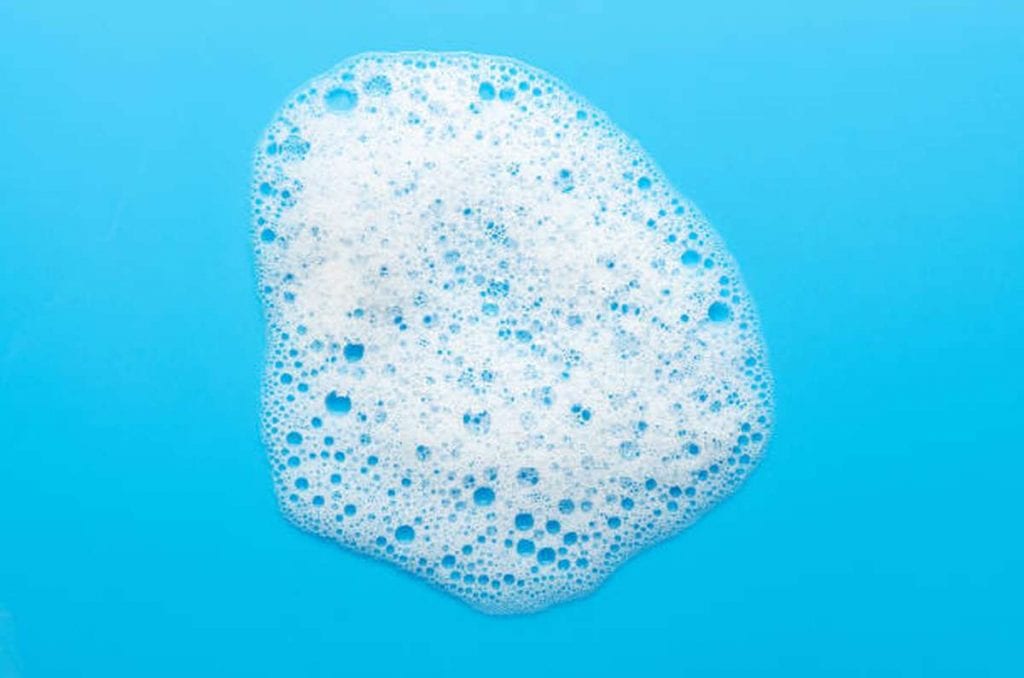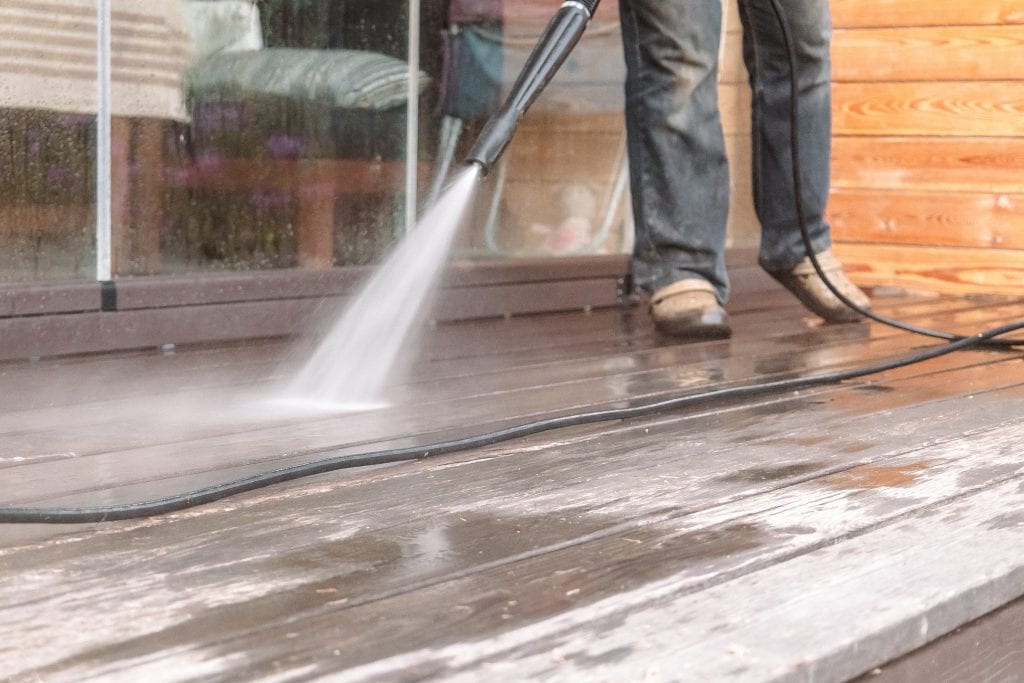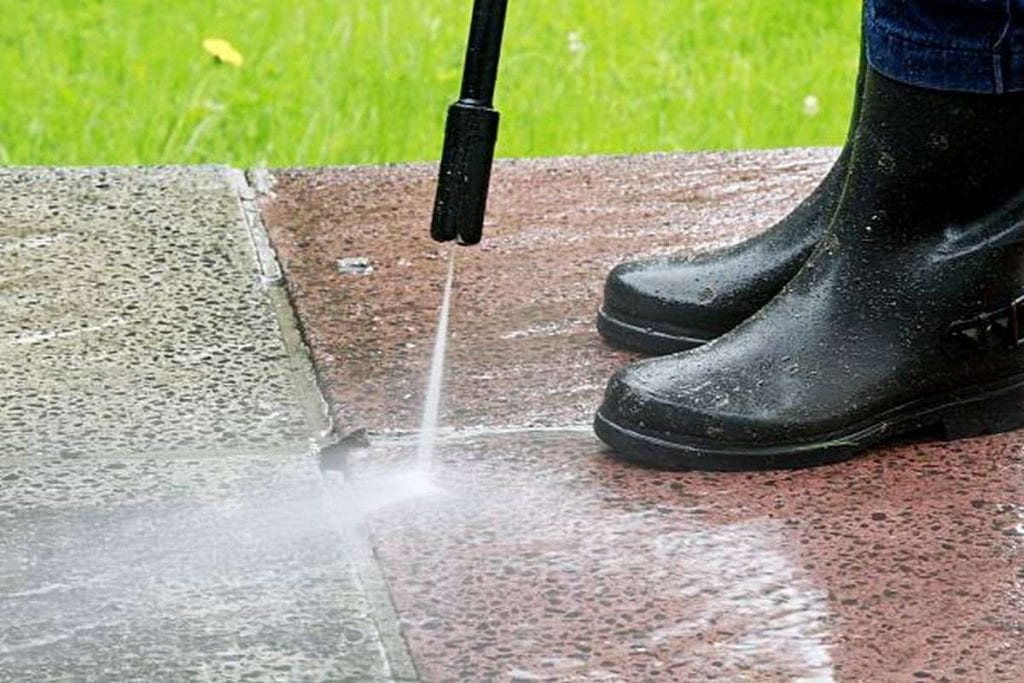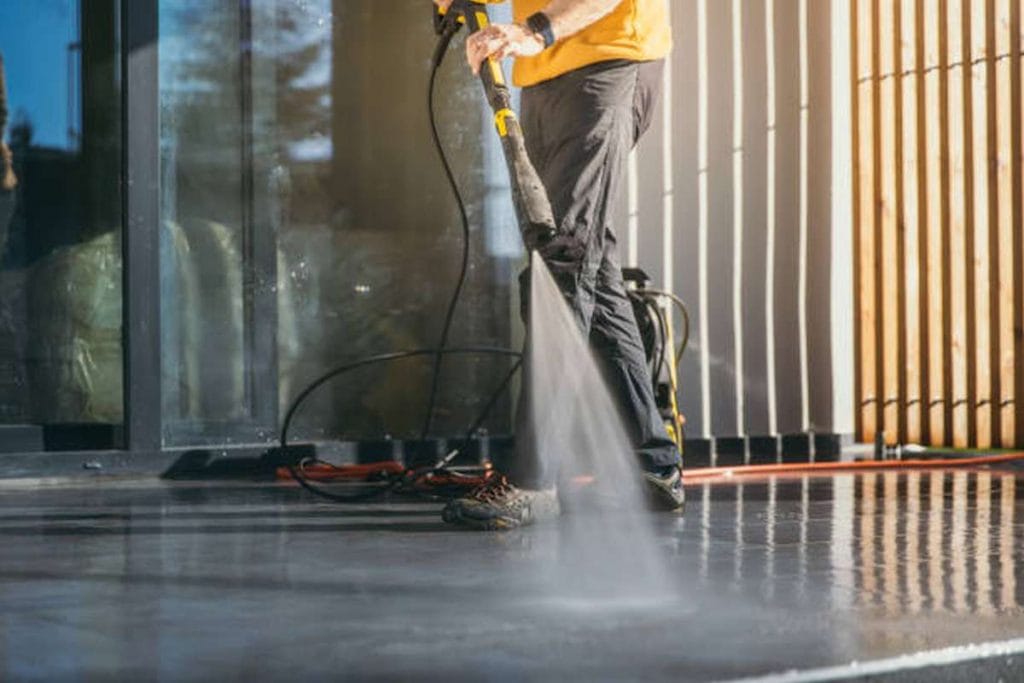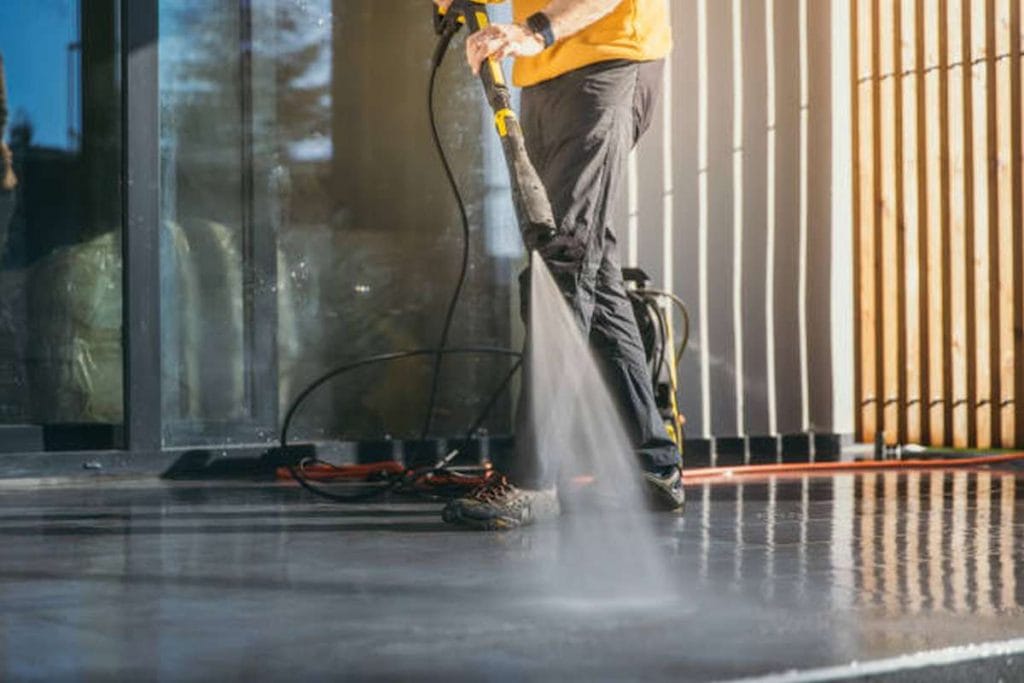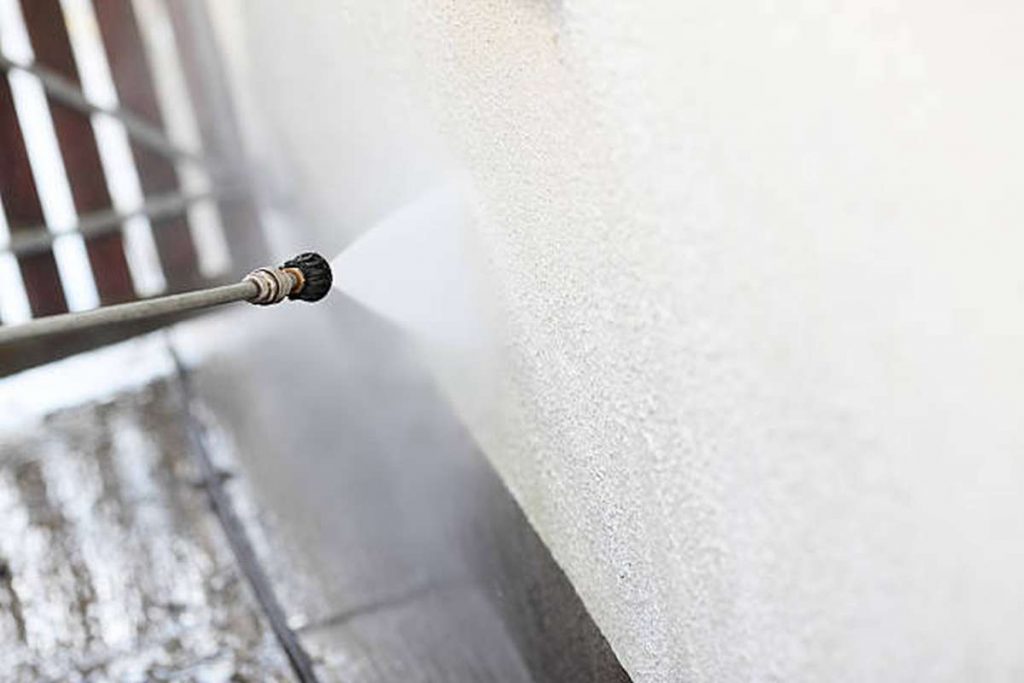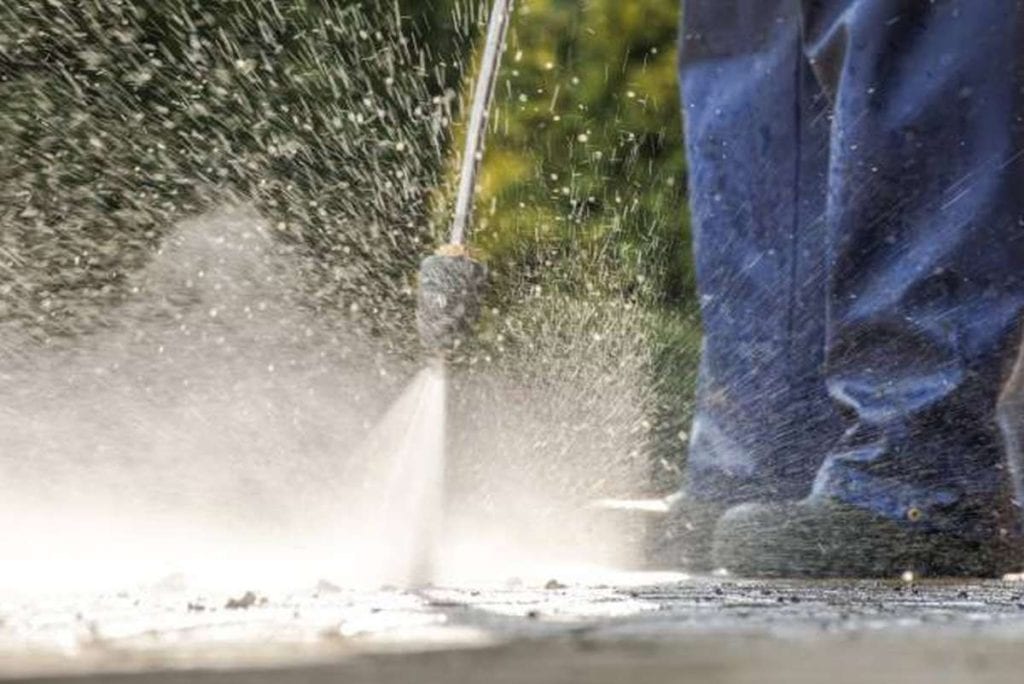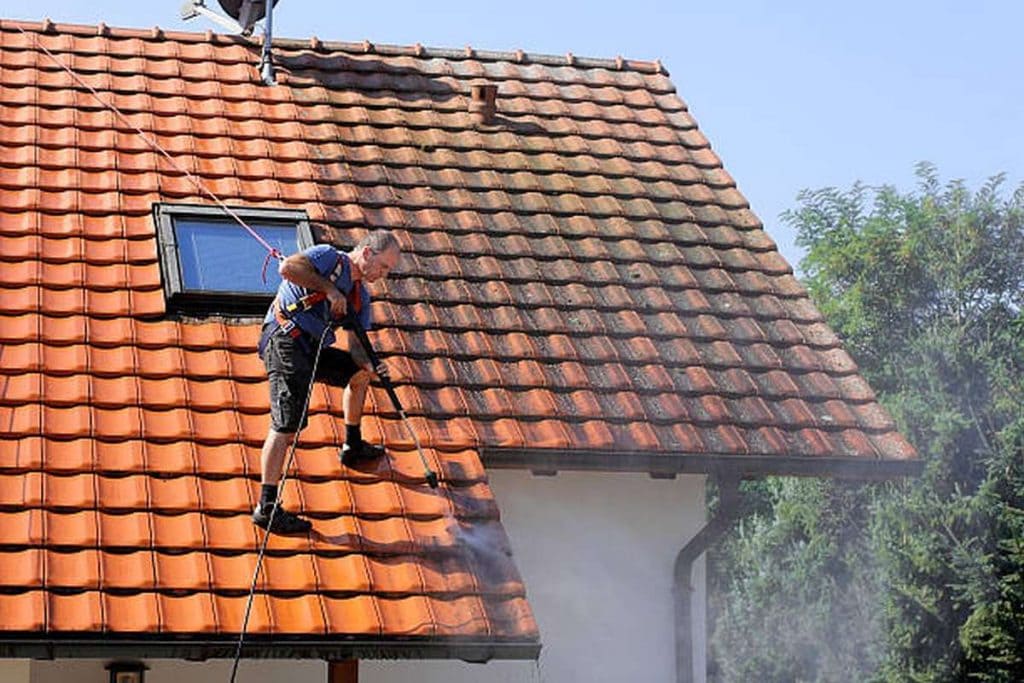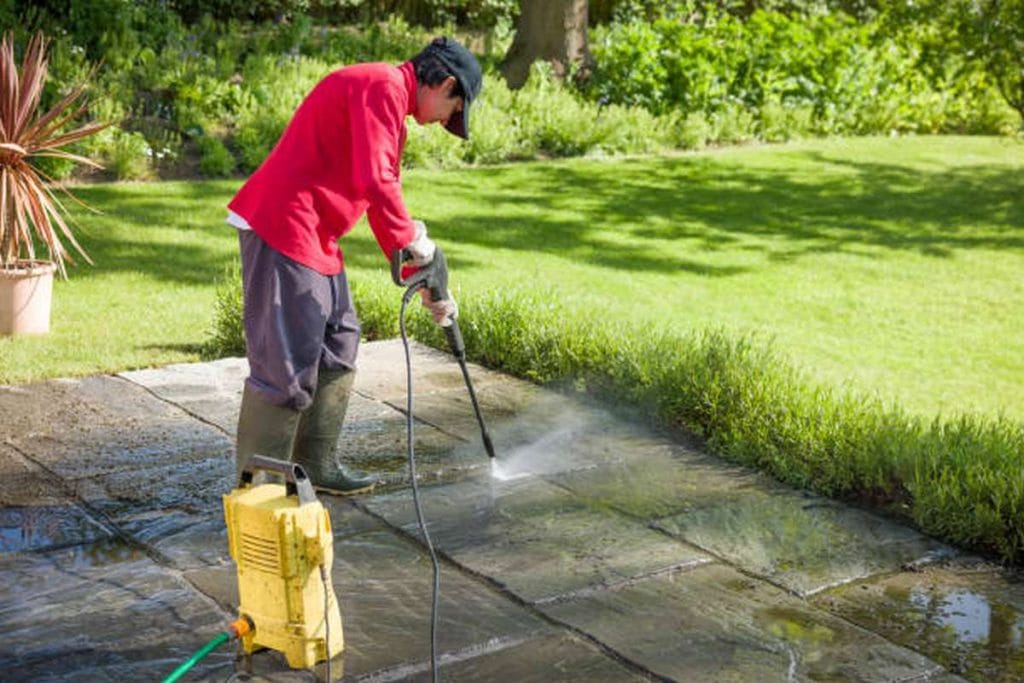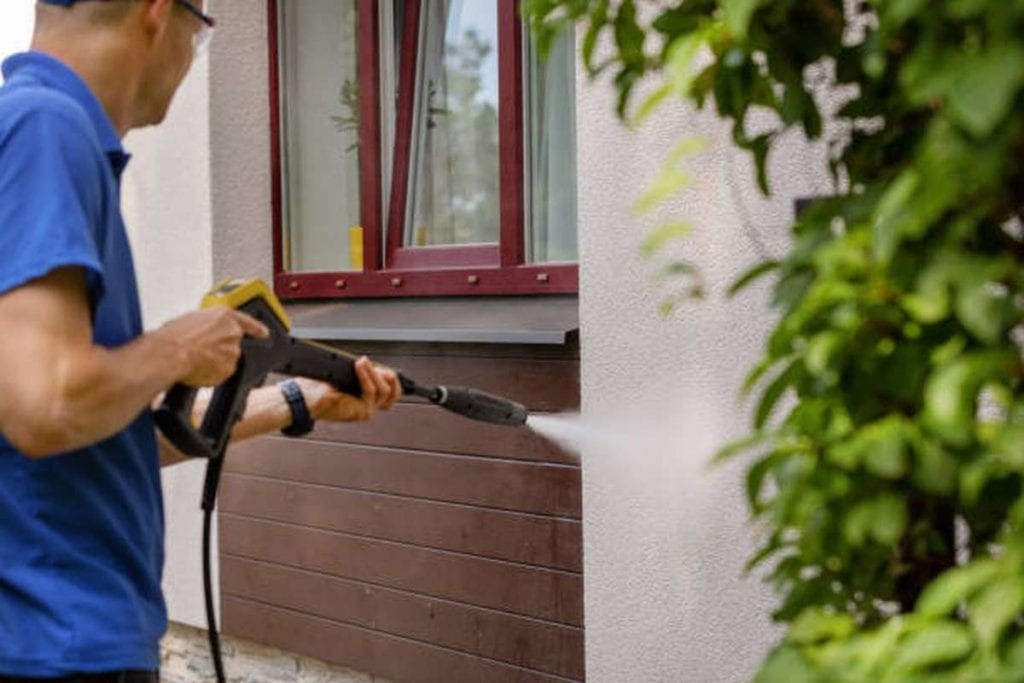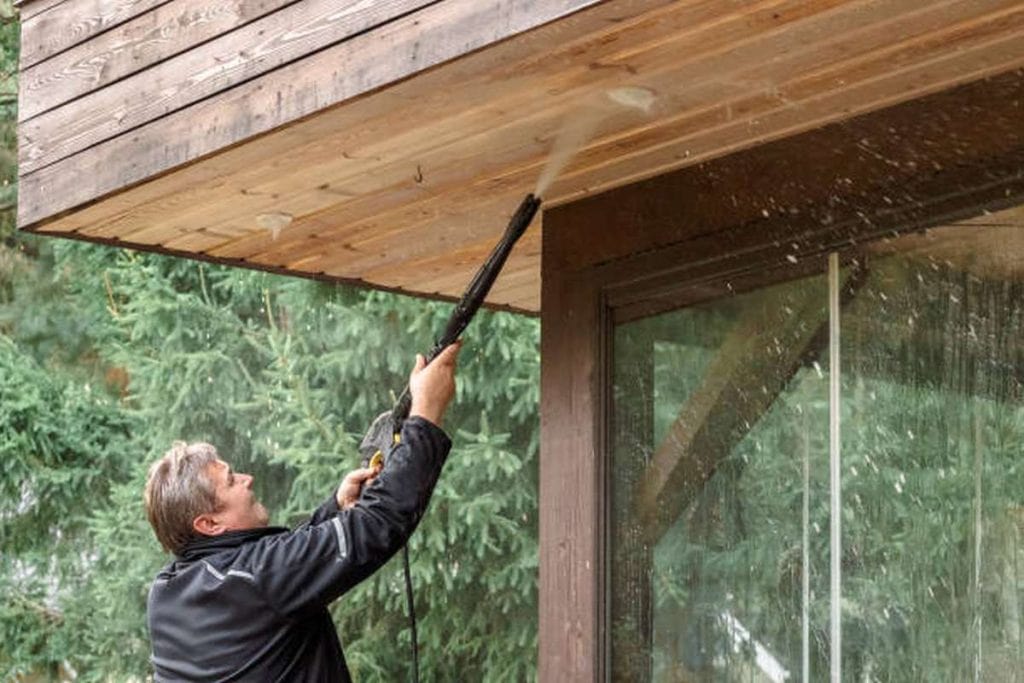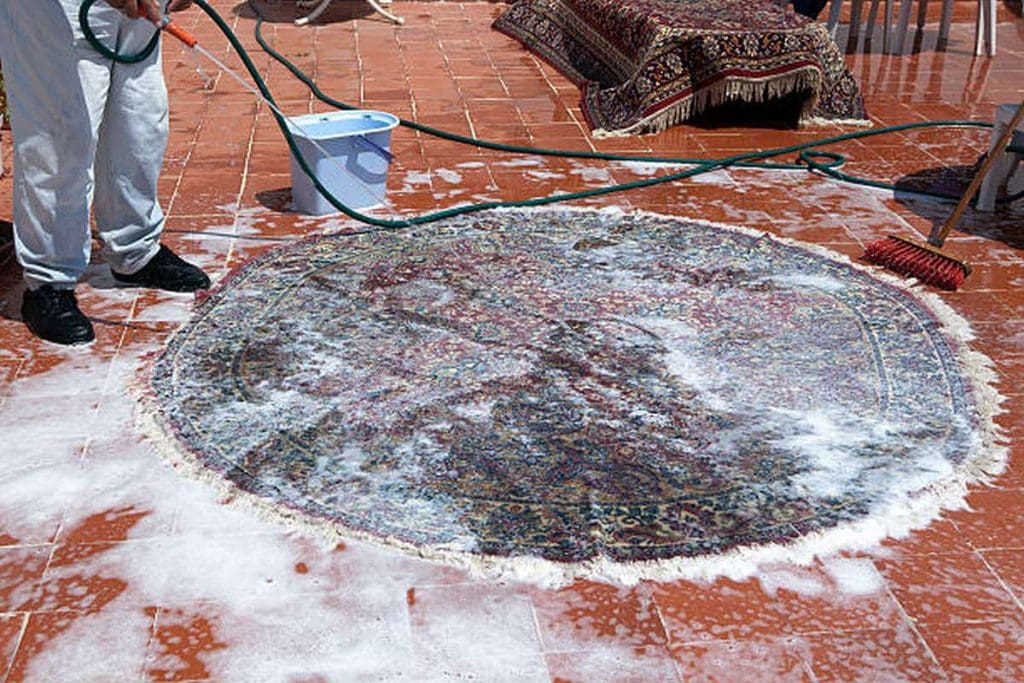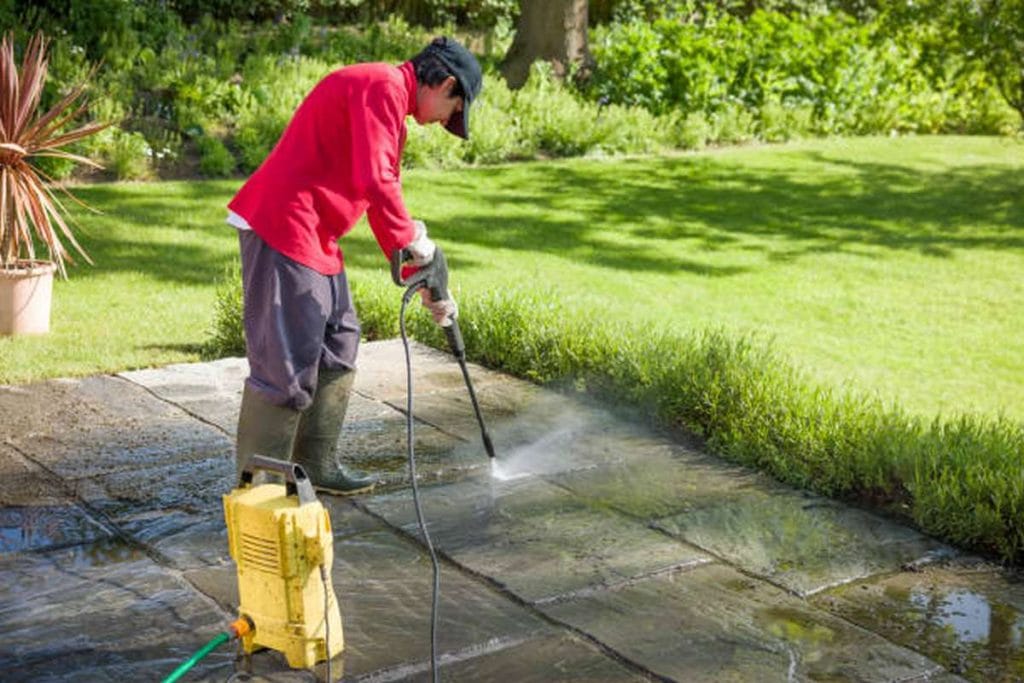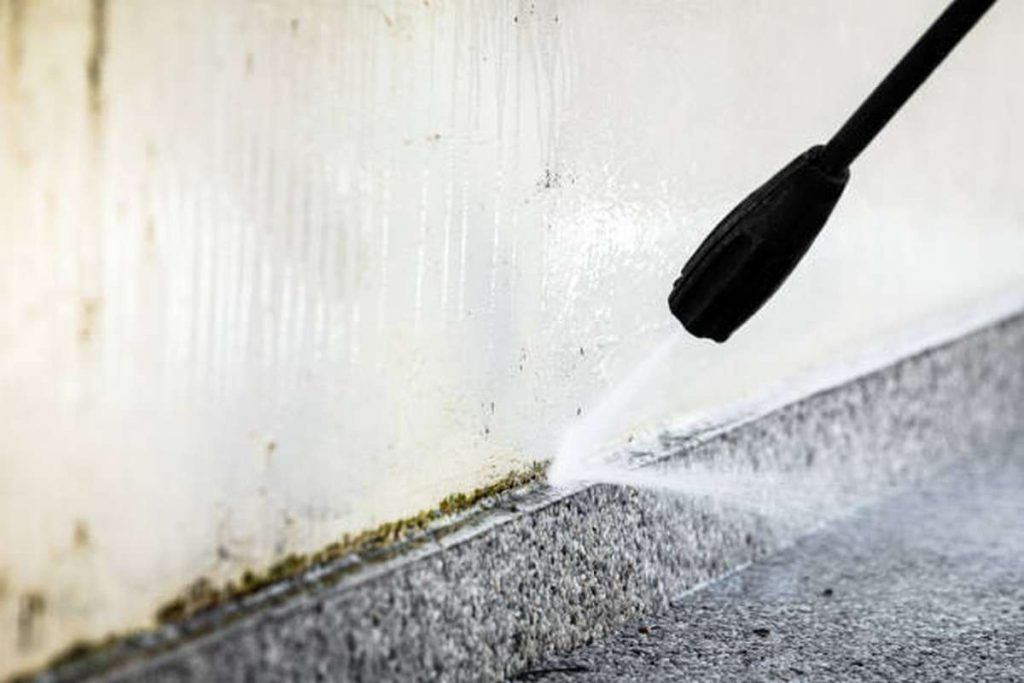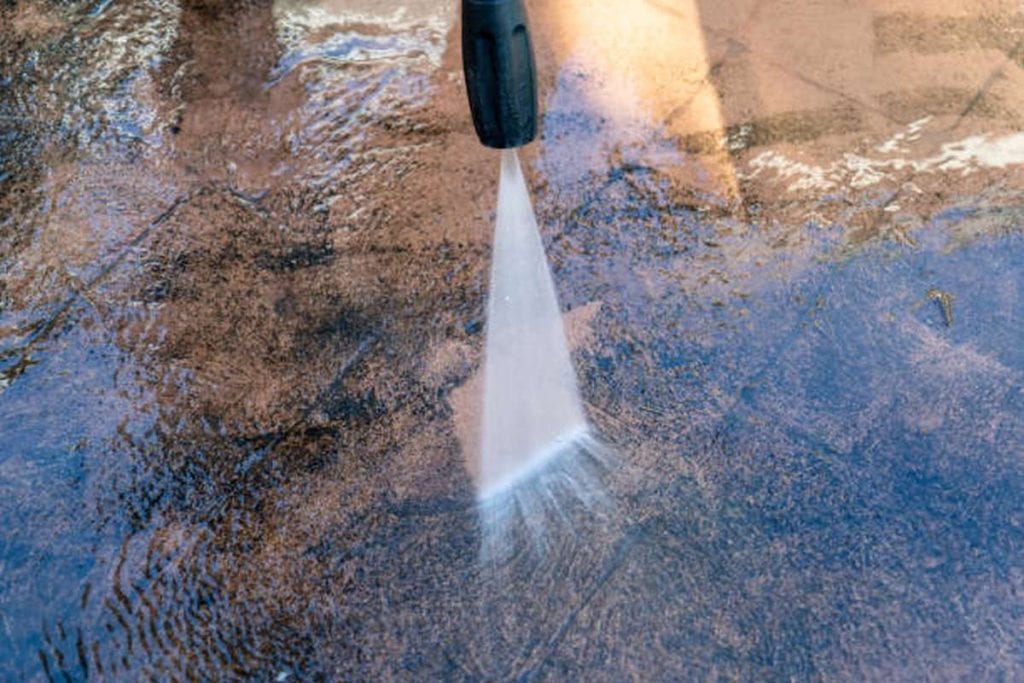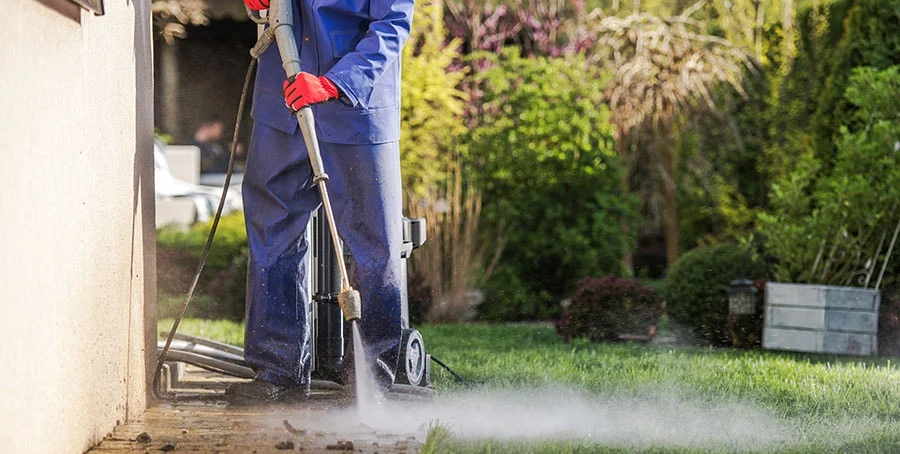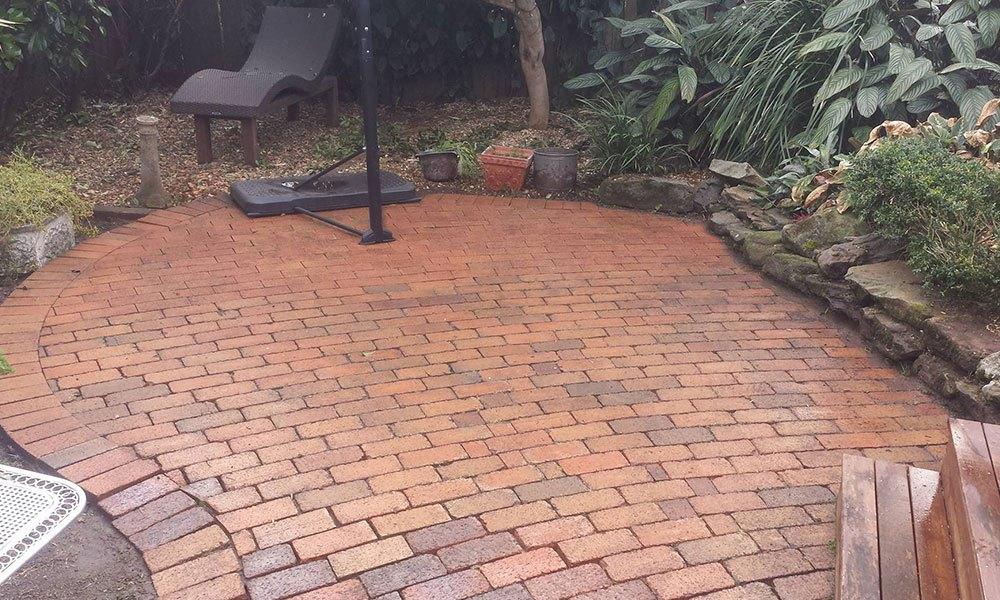Are you unsure what washing method is best for the exterior of your home? For example, do you want an answer to the question, "Is soft wash better than pressure washing?"
We are here to clear up that confusion and give you all the info about both methods so that you can make an informed decision on how to keep your home looking its best. Worried about the safety of your home and landscaping during a pressure washing? Residential Pressure Washing is safe for all types of siding and will not damage your home or landscaping.
With this post, we'll explain in detail why each one works, when it should be used, their pros and cons, and finally, which will work best for your home's needs. So if you've been debating which method would do a better job cleaning up outdoor surfaces like concrete walkways or brick walls, read on!
The Obvious Indicators That It's Time to Clean Your Home
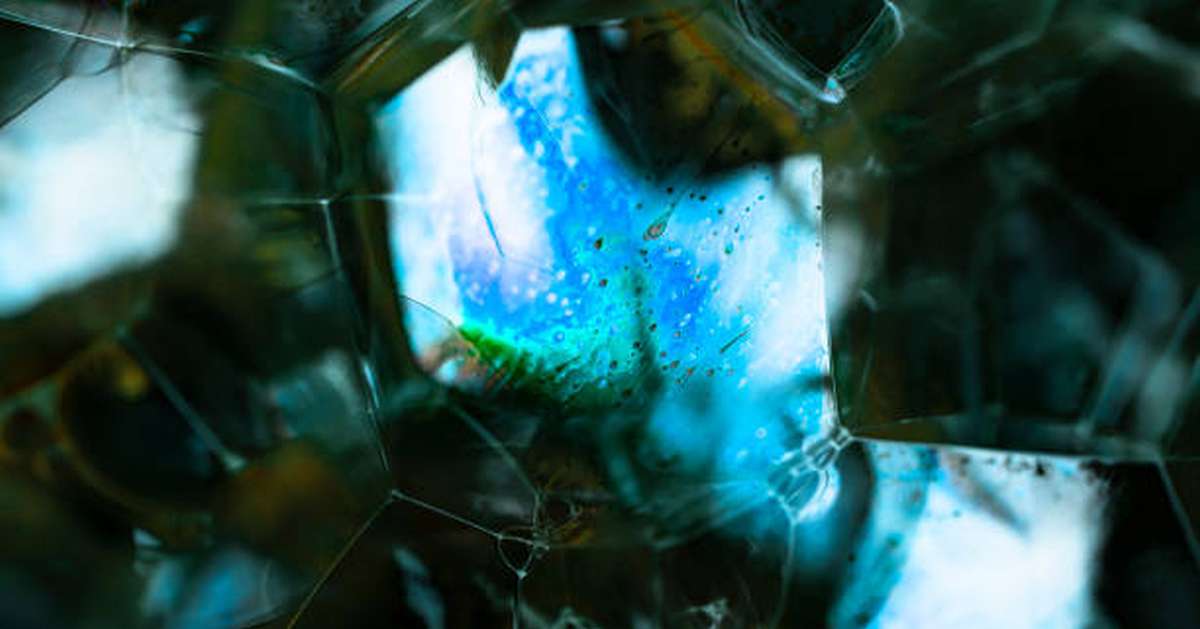
You may want to pressure wash your house if you see any of these things:
- A discoloured roof and walls
- Dirty panelling
- Driveway and sidewalk stains
- Deck with stains
- Vacant spaces with dust and spider webs
- Greater-than-usual Cost of Energy
Having a messy home is more than just inconvenient. It can cause energy expenses to rise and make you vulnerable to water and flood damage. It may be time to bring in the professionals if the dust and dirt are starting to show in your home.
Why You Shouldn't Just Wash It Off With Water
Detergents aren't used in either soft washing or pressure washing. Soft washing relies on chemicals and detergents to break down the filth and then blast it away with a lower-pressure water jet, which is one of the main qualities that allow it to clean effectively despite its lower-pressure water jet.
Soft washing is preferable for some projects because of the cleaning chemicals, especially those involving living organisms like algae. However, you may be concerned about the effects of bleach and other detergents on the environment, and you may find that the reduced pressure is insufficient for some tasks or surfaces.
Choosing Between a Powerful Rinse and a Gentle Scrub
Soft washing is comparable to pressure washing but is not the same. They are similar in that both use a high-pressure stream of water to remove dirt and grime from exterior surfaces. Both are capable of thorough cleaning; the "soft wash" process is not necessarily gentle. Which choice is best depends on your priorities, the nature of the surfaces at hand, and the nature of the dirt that necessitates cleaning.
Water jet PSI is a key differentiator between soft washing and pressure washing. The average PSI output of a pressure washer is around 1300, making it an effective instrument for removing tough dirt and grime and thoroughly cleaning surfaces.
But this also means that untrained DIYers risk ruining their exteriors by spraying them with a forceful jet of water. However, soft washing uses pressures of 500 PSI fewer. Some jobs might not fare as well with low pressure, although this keeps many areas safe and can manage a broad range of cleaning operations. On the other hand, soft washing is better for the objects being cleaned and the individuals doing the cleaning.
Soft Washing
What Effect Does Soft Washing Have?
Surfaces can be scoured clean with pressures of around 1,500-3,000 PSI with a pressure washer. However, the soft washing method uses a low-pressure washer with detergents, treatments, and other disinfectants instead of utilising high-pressure water to clean homes.
How Exactly Does Soft Washing Function?
Soft washing combines low-pressure power washing with cleaning products to clean surfaces instead of just using low pressure. In settling, these liquids penetrate the soil layers and break them down. After washing the surface with soap and water, the cleaners utilise reduced power washers to remove any residue.
The Advantages of a Soft Washing
While soft washing may be less harsh in terms of PSI, it often does a better job and lasts longer than pressure washing. Instead of simply blasting undesired particles off a surface, the detergents will actively kill living organisms like algae. In addition, gentle laundry detergent frequently contains antibacterial and other beneficial chemicals.
But if you're worried about the effects of the chemicals you're using, you can always enquire about greener alternatives with your soft washing service. Since renting a soft wash machine and soap is more difficult, this cleaning is usually best left to the professionals; yet, since the results normally stay longer, this could be an investment worth the effort.
Looking for a professional exterior house cleaning service? Look no further! Pressure Washing is a professional exterior facade cleaning company that uses the latest technologies and equipment to clean your home or office quickly and efficiently.
Pressure Washing
Pressure washing, also known as a water blaster or power washer, is a method of cleaning that uses a powerful stream of water to remove dirt and grime, usually from outdoor surfaces. A pressure washer's PSI can be anywhere from 1300 to 3100, and either electricity or gasoline can power it. Pressure washing, like soft washing, uses cleaning solutions to remove grime and dirt. In addition, some machines' spray patterns, like soft washers, can be adjusted via a nozzle (and increase or decrease pressure as needed).
Surface cleaners that diffuse pressure through 2 nozzles are recommended for all surfaces other than concrete, which should be washed at full bore (4,000 PSI).
Using High-Pressure Water Cleaning Systems
The versatility of pressure washing is evidenced by the fact that it is one of the most common external cleaning methods. Pressure washers are easy to obtain for rent, but beware that the strong stream of water might harm your outside surfaces if you aren't properly trained to handle it.
Pressure Washing vs. Soft Washing: Which One Is Better for Your Home?
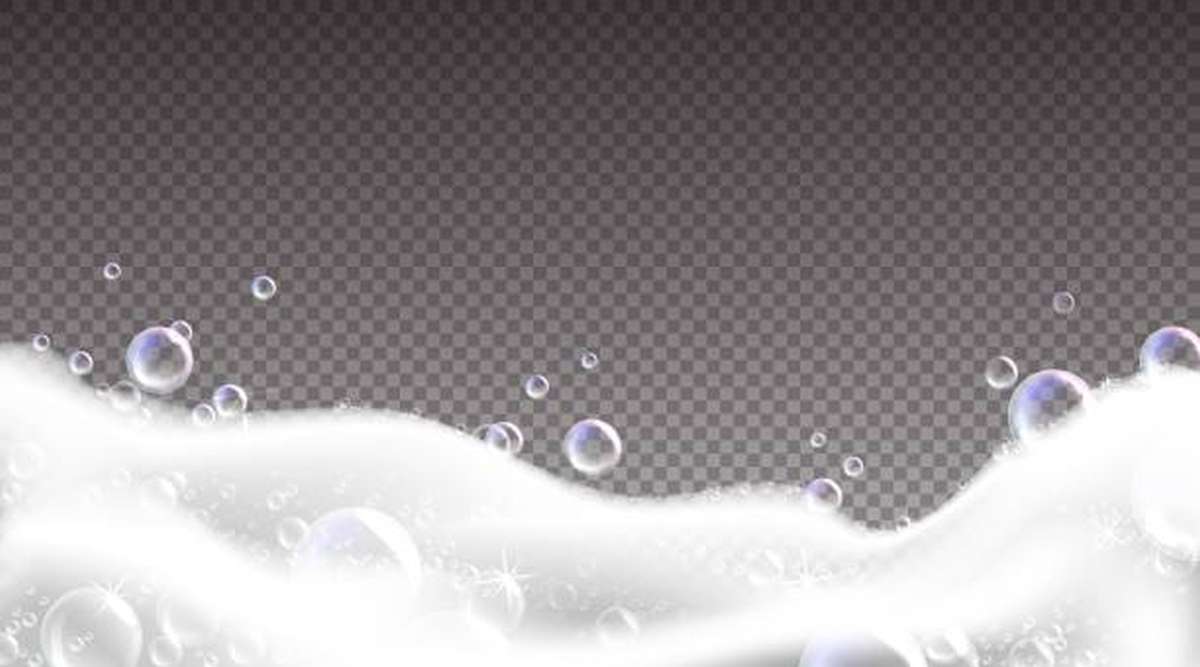
Whether you use a power washer or a soft washer depends on the items you're cleaning and the environment they're in.
For tough and less porous materials, pressure washing works best. Stone walkways, patios, and sidewalks benefit greatly from this method since the high-pressure blast reaches even the most inaccessible crevices and removes impurities like algae and mould.
Heated power washing is best reserved for the most long-lasting and low-maintenance surfaces, like concrete. It's especially helpful for regions with a lot of grease, mould, or moss buildup or for cleaning expansive spaces like lengthy driveways.
You should use gentle cleaning methods on the more fragile items in your home. This includes anything that has been painted and regions next to brick, rooted plants, tiles, pavers, wood panel siding, stucco, vinyl, and cedar shake attached with mortar and sand. Some homeowners may think their roofs can handle the force of a power wash, but doing so might cause damage to the shingles; therefore, soft washing is preferable.
Think about the cost of a professional versus a do-it-yourself approach. Wooden decks, for example, may withstand pressure washing if done by a pro, but a novice runs the danger of damaging the surface. It's best to consult with professionals if you're unsure of something.
Differences Between Doing It Yourself and Hiring an Expert
A professional pressure washer can be hired locally to gently wash or pressure wash your home. A professional power washing service in your area will have the equipment, experience, and knowledge to utilise the right pressure, accurate volume, and solution mix to clean your surfaces without damaging them.
Although the equipment is available for hire, even the most capable do-it-yourselfers should study the various steps and potential hazards before attempting the job independently. It just takes a small amount of high-pressure water to cause serious injury or death. So carefully weigh the benefits and drawbacks of a do-it-yourself pressure-washing project before getting started.
Worried about the state of your home? Pressure Washing Melbourne team of experienced professionals use the latest equipment and techniques to clean every nook and cranny of your property, restoring it to its former glory. Visit our website now to find out more about our services!
Conclusion
Do you want to clean the outside of your home but don't know which approach to use? Both soft washing and pressure washing employ a strong stream of water to blast away grime, but their methods are very different. The amount of filth to be removed, the type of surface to be cleaned, and your top priorities will all determine the optimal solution. Cleaning surfaces with a power washer or a gentle washer relies on the type of material being used and the conditions of the cleaning. Although the PSI of a soft wash is lower than that of a pressure wash, the results are generally superior and the service lasts much longer.
Since it is more difficult to rent a gentle wash machine and soap, it is recommended that you hire a professional cleaning service. Cleaning the more delicate items in your home should be done carefully. Included in this category are areas adjacent to brick, tiles, pavers, and wood panel siding, as well as those that have been recently painted. While some homeowners may be under the impression that their roofs can withstand the intensity of a power wash, doing so could actually harm the shingles.
Content Summary
- In this article, we've broken down the specifics of each option, including how they function, when they should be used, any potential drawbacks, and our recommendation for which one is ideal for your household.
- If you've been wondering which approach is best for cleaning outdoor surfaces like brick walls and concrete sidewalks, this article should help you make up your mind.
- Pressure washing and soft washing are similar but not the same.
- Both of these methods have in common the use of a powerful stream of water to blast away dirt and filth from exterior surfaces.
- They can both clean effectively; the "soft wash" method is not necessarily more gentle.
- Your priorities, the surfaces at hand, and the grime that needs cleaning will all play a role in determining the optimal option.
- Fire hose There is a significant gap between soft washing and pressure washing, and that gap is PSI.
- A pressure washer, with its typical PSI output of around 1300, is an efficient tool for eliminating embedded filth and grime and restoring pristine condition to surfaces.
- On the other hand, this makes it easy for unskilled DIYers to cause irreparable damage to their facades by spraying them with a heavy stream of water.
- The pressures used in mild washing are 500 PSI lower.
- Although this keeps many locations safe and can manage a broad range of cleaning procedures, it is not ideal for every job.
- As opposed to this, soft washing is safer for both the cleaners and the items being cleaned.
- Pressure washers with pressures between 1,500 and 3,000 PSI are effective for cleaning a wide variety of surfaces.
- After using soap and water to clean the surface, the cleaners use low-pressure washers to get rid of any remaining dirt or debris.
- Soft washing may not use as much pressure as pressure washing, but it usually produces a better job and lasts longer.
- Detergents will actively kill living organisms like algae, rather than just blasting them off a surface.
- Gentle laundry detergent also typically contains antibacterial and other helpful ingredients.
- You may always ask your soft washing provider about environmentally friendly options if you're concerned about the chemicals you're using.
- The extra hassle of renting a gentle wash machine and soap means that this cleaning is usually best left to the professionals; nevertheless, the longer lasting benefits may make the effort worthwhile.
- Pressure washing, often called water blasting or power washing, is a technique for cleaning that employs the use of a high-velocity spray of water to scour away grime and filth from surfaces, most frequently those located in the great outdoors.
- You can use either electricity or gasoline to power a pressure washer with a PSI of anywhere from 1300 to 3100.
- Cleaning solutions are used in both soft washing and pressure washing to remove filth and debris.
- Also, the nozzles on machines like soft washers allow for varying spray patterns (and increase or decrease pressure as needed).
- All surfaces except from concrete should be cleansed at full bore using surface cleaners that distribute pressure through 2 nozzles (4,000 PSI).
- Pressure washing is one of the most often used techniques for cleaning the outside of buildings and other structures.
- While it's simple to rent a pressure washer, keep in mind that the powerful spray of water could do damage to your outside surfaces if you aren't used to it.
- If you want to clean something thoroughly, you should use a power washer. If you want to clean something gently, a soft washer is better.
- Cleaning the more delicate items in your home should be done carefully.
- The areas adjacent to brick, rooted plants, tiles, pavers, wood panel siding, stucco, vinyl, and cedar shake fastened with mortar and sand are also considered painted.
- While some homeowners may be fooled into thinking their roofs can withstand a power wash, doing so might potentially harm the shingles.
- Compare the price of hiring a pro to doing it yourself.
- For example, a professional pressure washer may be able to safely clean a wooden deck without ruining the surface, while a do-it-yourselfer may easily do serious damage.
- If you are unsure about how to proceed, it is recommended that you seek the advice of experts.
- If you want to softly wash or pressure wash your property, you can hire a professional pressure washer in your area.
- Professional power washing services in your region have the resources and expertise to safely clean your surfaces using the appropriate amount of pressure, precise volume, and solution mix.
- Though the necessary tools can be rented, even the most competent do-it-yourselfers should carefully consider the many factors involved and potential risks before taking on the project on their own.
- Very little high-pressure water is required to inflict serious injury or death.
- Before beginning a do-it-yourself pressure washing endeavour, it's important to think about the pros and cons.
FAQs About Soft Washing
Through soft washing, dirt is washed away, and all bacteria and contaminants are killed. This will not only make your house look beautiful, but it also increases its value. In terms of post-washing, this also stops bacteria from growing.
Soft washing will typically last 1-3 years, but this varies depending on the condition of your home and the amount of rainfall in your area.
With the soft wash system, a house with vinyl or aluminium siding will remain clean for a minimum of three years. Stained or painted wood siding is always more porous and requires more attention. Soft washing wood every one to two years thoroughly can help the longevity of the stain or paint.
When professionals think of soft washing roofs and siding, the top cleaning chemical used is a professional-grade 12.5% sodium hypochlorite, or bleach, mixed with water.
Soft washing also helps you avoid damaging your roof shingles. It will prevent granular loss that can be caused by high-pressure jets of water. This ensures that your roof isn't compromised and reduces the risk of water damage. Soft washing your roof will help to increase its lifespan.

